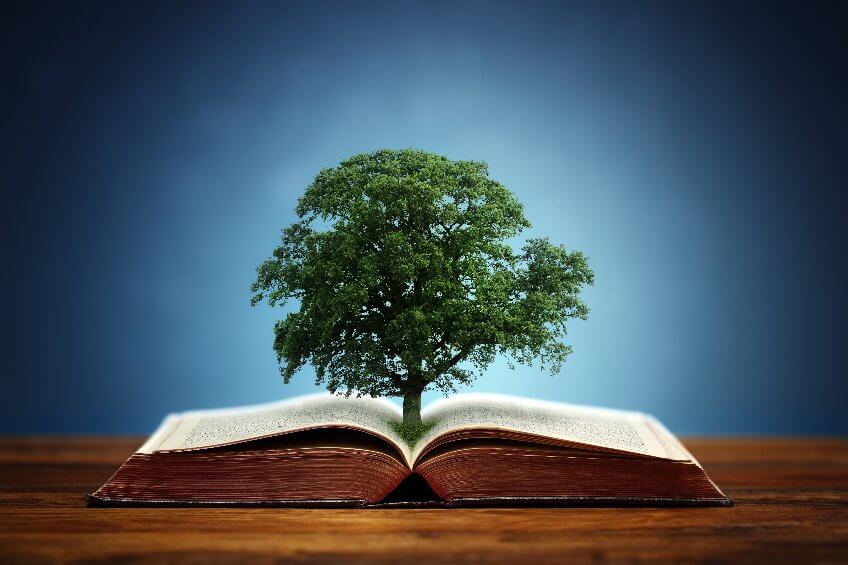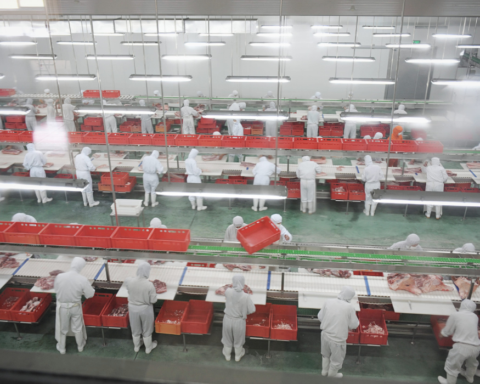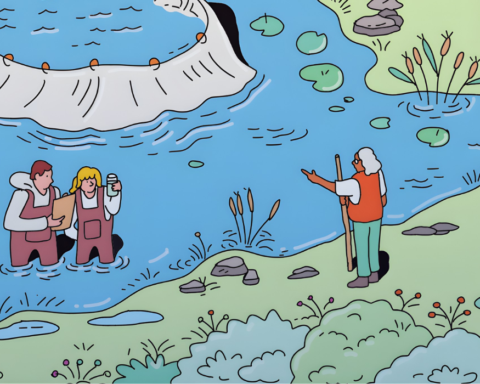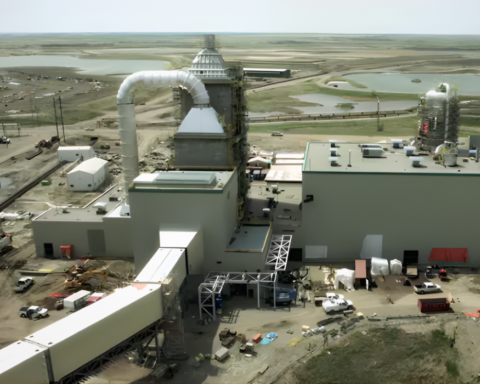The climate crisis can feel overwhelmingly complex and frustratingly simple at the same time. If you’re in need of some inspiration or some pragmatic information about how to take action, here are a few new books about climate change that may light a fire under you
 The Big Fix: Seven Practical Steps to Save Our Planet
The Big Fix: Seven Practical Steps to Save Our Planet
It’s easy to get bogged down when thinking about what we can do as individuals to help solve a problem as enormous as the climate crisis. Many have tried to do their part by being green consumers who recycle and bike to work. But this by itself won’t be enough, say energy expert Hal Harvey and New York Times reporter Justin Gillis in this new book. Those kinds of actions are important, but we’ll need to go a step further and become green citizens, they say. “The government, all the way from town councils to Congress, exercises enormous influence over the technologies available in the marketplace,” they write. “By inserting themselves into the most important of these decisions, ordinary citizens can help to capture the magic of the learning curve.” The Big Fix offers a guide to doing just that in seven crucial areas: transportation, buildings, land use, electricity, industry, cities and cleantech. Harvey and Gillis hope to arm individuals with their pragmatic optimism and the tools they need to push for action on several public policies that can have a big impact, showing us that not all is lost and that we do have the ability to make a difference.
 Beyond Climate Breakdown: Envisioning New Stories of Radical Hope
Beyond Climate Breakdown: Envisioning New Stories of Radical Hope
The stories that humanity tells are central to our understanding of the world. Unfortunately, when it comes to climate change, those stories have become muddled. An otherwise straightforward narrative of destruction has become confusing for many to follow, opening the door to distraction and denial. Journalist and author Peter Friederici argues that the stories we have been telling about climate change and how we tell them haven’t shifted public opinion or policy in a strong enough way. Friederici’s Beyond Climate Breakdown calls for a reimagining of how we tell the story of climate change to embrace complexity. And we need new stories from parts of the world that have long been left out of mainstream storytelling, he says. “What we need, then, is not to discard narrative but to reclaim it from the dominance of the relative handful of narrators whose dead-end story lines have taken us to the brink of catastrophe,” he writes.
 The Pentagon, Climate Change, and War: Charting the Rise and Fall of U.S. Military Emissions
The Pentagon, Climate Change, and War: Charting the Rise and Fall of U.S. Military Emissions
It may come as a surprise to some that the U.S. military (and more broadly the American national security apparatus) has been a leader within the American government when it comes to mapping out the strategic implications of climate change. The Pentagon doesn’t typically attract personnel who would consider themselves climate activists. But the climate crisis has destabilizing effects that can fuel armed conflict around the world. In this book, political scientist Neta Crawford reveals how the military has contributed to climate change, not just through its own significant emissions (which it long resisted accounting for), but by influencing the broader economy’s fossil fuel use. “Deep reductions in Pentagon fossil fuel use could have enormous positive implications for the global climate and the U.S. economy, creating a positive feedback loop as powerful as the deep cycle that has amplified global military and military-industrial emissions,” she writes.
 The Future Is Now: Solving the Climate Crisis with Today’s Technologies
The Future Is Now: Solving the Climate Crisis with Today’s Technologies
With the dizzying amount of cleantech in development, it can sometimes seem like the research needed to solve the climate crisis is in its infancy. But in this book, Bob McDonald (the host of CBC’s Quirks & Quarks) reminds us that we already have all the technological tools we need to arrive at a clean-energy future. McDonald takes the reader on a bit of an energy safari – from wind and solar to fusion and tidal power – showing off some of humanity’s impressive achievements and explaining how they’ll all fit together in a green future in the radio host’s trademark style of making science easily digestible. Rather than being another climate wake-up call, the book is packed with optimism. As McDonald makes clear, it’s not a lack of scientific advancement that’s holding us back. We just need the necessary level of financial investment and the political will to get the transition done.







